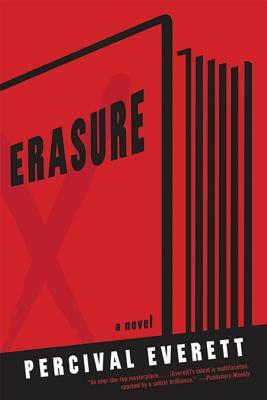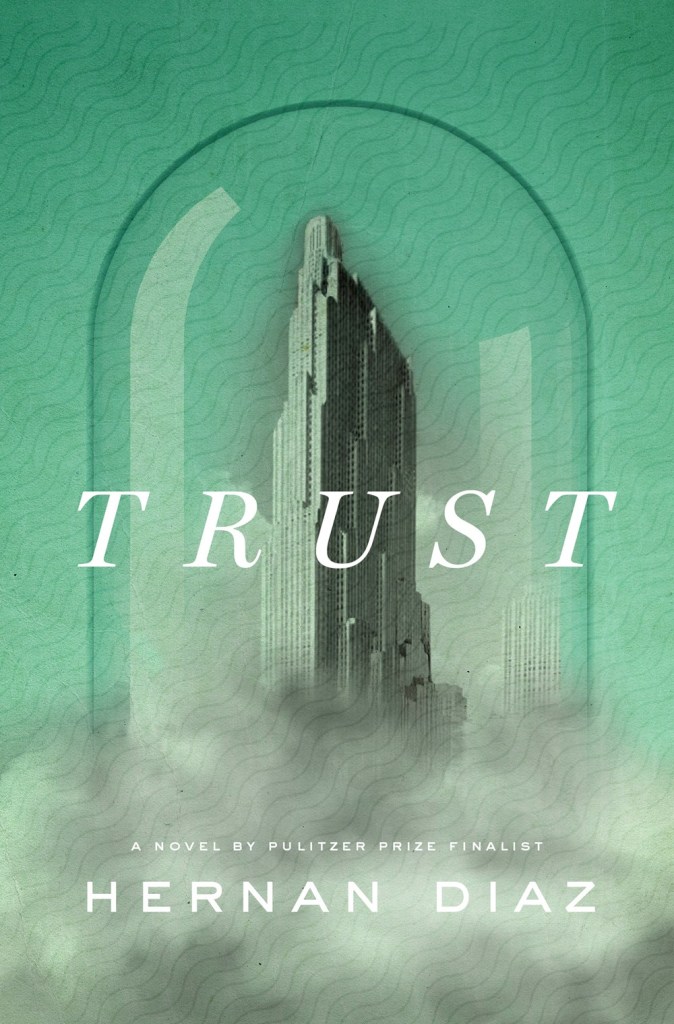If you’ve seen the movie American Fiction, you already know the plot of Erasure. I haven’t seen it yet, and I read this book for my A Century of Books project.
Thelonius (Monksie) Ellison is a writer of high intelligence whose dense, uncompromising novels have failed to make a hit with the general public. He has just put out his latest book, but his agent, Yul, is having difficulty placing it and has been told that Ellison is too far from his ethnic origins as a Black man.
Ellison lives in California, where he is a university professor, but on a visit to Washington, D. C., for a conference, he finds that his mother isn’t doing well. Eventually, he is forced to move back to D. C. to take care of her. That means taking a leave of absence, but he hasn’t sold his book. His mother’s affairs are in poor shape, so he finds he needs money.
He is infuriated by a recent book that is making a splash, We’s Lives in Da Ghetto. It’s written by a middle-class midwestern Black woman based on one week that she spent with relatives in New York, and it employs every known cliché about the lives of Black people.
On a whim, Ellison sits down and writes a parody of this kind of novel, which he titles My Pafology. He submits it to Yul, who is horrified, and asks him to submit it to publishers under the name of Stagg Leigh. Shockingly, Random House takes it as straight and offers him lots of money.
This novel produces spoof upon spoof. Even Everett’s character Ellison takes himself so seriously that I think he’s being mocked. Certainly, he starts out mocking academia with the learned talk he gives at the beginning of the novel. This talk is incomprehensible, and yet it makes another academic leap up and shout, “Bastard!” at him. He also hits the publishing industry, the reading awards organizations, and television interview programs.
The novel is presented as Ellison’s diary, so it includes learned jokes (most of which I didn’t understand), imagined conversations between various dead people in the arts, recollections from his past, especially about his father, and the entire text—about 50 pages—of My Pafology.
As My Pafology gains attention, Ellison begins to lament that he ever compromised his standards. Forced occasionally to masquerade as Stagg Leigh, he feels as if his own persona as a cultured Black man is being erased. Maybe he feels that that whole culture is being erased.
Parts of this novel were above my head, particularly some of the little scribbles in the diary. Also, when I say Everett is heaping on the satire, I’m not saying that the novel is funny (although some of it is). Most of the time I felt sorry for Monksie, who is too unyielding for his own good and knows it, but cannot stop.
Percival Everett is having a moment lately, which has resulted in four of his books being in my pile, of which this is the second. I’m not sure if I like his work, but it is at least interesting.






 Too often the dialogue is trivial and to little purpose, and almost all conversations end with people agreeing what a wonderful, extraordinary person Jane is. Some of this rubbed me the wrong way, too, because it was clear her friends thought she was the more extraordinary for having decided to lead an active life of service rather than the one of privilege that she was born to. Although this decision is admirable, I don’t think she deserves more praise than anyone not born to privilege who leads a life of service, perhaps less, because another person would have a harder time affording to live the way Jane chooses to do. I have no doubt the original subject of this bio-fiction was an unusual and worthy woman, but Sarton doesn’t really make us feel it.
Too often the dialogue is trivial and to little purpose, and almost all conversations end with people agreeing what a wonderful, extraordinary person Jane is. Some of this rubbed me the wrong way, too, because it was clear her friends thought she was the more extraordinary for having decided to lead an active life of service rather than the one of privilege that she was born to. Although this decision is admirable, I don’t think she deserves more praise than anyone not born to privilege who leads a life of service, perhaps less, because another person would have a harder time affording to live the way Jane chooses to do. I have no doubt the original subject of this bio-fiction was an unusual and worthy woman, but Sarton doesn’t really make us feel it.